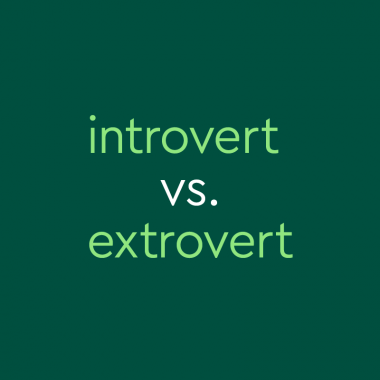How To Make Learning Fun: Using Playtime To Build Literacy
By Lindsay Barrett We all want our kids to learn what they need to be successful. But guess what most kids want to do? Play! And let’s face it: we adults want to play, too. But learning and playtime can, and should, happily overlap. A growing body of research highlights the many benefits of open-ended play activities like building, pretending, creating, and just getting all-around …











